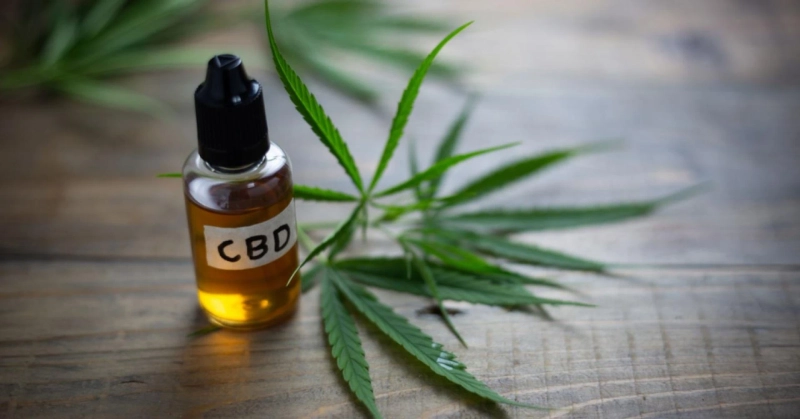In recent years, CBD cannabidiol has gained significant attention for its potential health benefits, especially among elderly individuals. As the global population continues to age, finding natural remedies to improve the quality of life for seniors is of utmost importance. CBD, a non-psychoactive compound derived from the cannabis plant, has shown promise in addressing a variety of age-related issues. In this article, we will explore how CBD can help elderly people by addressing common concerns such as pain management, sleep disturbances, anxiety, and cognitive health.
Pain Management:
Chronic pain is a common issue among the elderly, often stemming from conditions such as arthritis, neuropathy, or other musculoskeletal problems. CBD is known for its anti-inflammatory and analgesic properties. It interacts with the body's endocannabinoid system, helping to reduce pain perception and inflammation. Many elderly individuals have reported significant relief from using CBD products, leading to improved mobility and a better quality of life.
Sleep Disturbances:
Sleep disorders, including insomnia, are prevalent among the elderly. CBD may offer a solution to this problem. By promoting relaxation and reducing anxiety, CBD can help seniors fall asleep faster and enjoy more restful sleep. Improved sleep patterns can have a positive impact on overall health and well-being.
Anxiety and Stress Reduction:
The elderly often face various sources of stress and anxiety, such as health concerns, loneliness, or financial worries. CBD has been studied for its anxiolytic properties, helping to alleviate these emotional burdens. It can interact with serotonin receptors in the brain, potentially promoting a sense of calm and well-being, making it easier for seniors to manage the emotional challenges that come with aging.
Cognitive Health:
Cognitive decline is a major concern for the elderly, with conditions like Alzheimer's disease becoming more prevalent as the population ages. Some research suggests that CBD may have neuroprotective properties, potentially slowing the progression of neurodegenerative diseases. While further studies are needed in this area, the initial findings are promising, offering hope to seniors and their families.
Potential Side Effects:
It is essential to note that while CBD has shown promise, it may not be suitable for everyone. As with any supplement, it is advisable for elderly individuals to consult with their healthcare provider before incorporating CBD into their routine. CBD can interact with certain medications, and individual responses may vary, so professional guidance is essential.
Finding the Right CBD Product:
When considering CBD, seniors should opt for high-quality products from reputable sources. Full-spectrum CBD, which contains a wide range of beneficial cannabinoids and terpenes, is often recommended for its potential entourage effect. Dosage should be carefully determined and adjusted as needed, with lower doses to start, and gradual increases under medical supervision.
CBD has the potential to be a valuable addition to the wellness routine of elderly individuals. With its benefits in pain management, sleep improvement, anxiety reduction, and potential cognitive health support, it offers a holistic approach to addressing age-related concerns. However, it is crucial for seniors to consult with their healthcare providers and make informed decisions regarding CBD use. As more research emerges, cbd vs cbg vs cbn role in improving the quality of life for the elderly will likely become more apparent, providing hope for a healthier and happier aging population.


